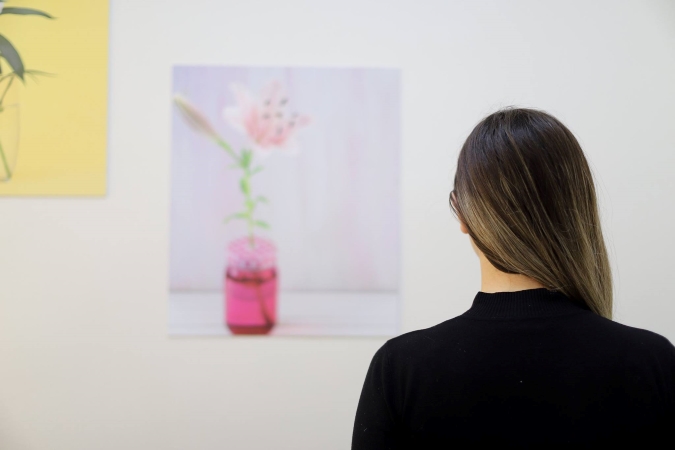Emergency shelters and specialized services needed for women survivors of violence in Albania
Date:

What are the main challenges and gaps faced by Albanian municipalities in efficiently addressing cases of domestic and gender-based violence? Since 2017, the Gender Alliance for Development Centre (GADC) and Albanian Women Empowerment Network (AWEN) have been working to identify these challenges. They are leading a civil society monitoring process of one of the four objectives of the Albanian National Strategy and Action Plan for Gender Equality 2016 – 2020, which is about reducing gender-based and domestic violence.
GADC and AWEN collaborate with local NGOs, which they train in advance and are now engaged in conducting the monitoring exercise for 2017, 2018 and 2019 in 5 out of 61 municipalities in Albania (Tirana, Durres, Shkoder, Elbasan, Korce and Vlore).
The findings of 2017 and 2018 reveal that in almost all selected municipalities, there is a lack of emergency shelters to provide immediate services to women who have suffered violence and whose cases have been reported to the referral mechanism. This makes the process of treating such cases often difficult. In addition, there is a need to increase the capacities of the judges, especially in enhancing their collaboration with the local coordinators of domestic violence.
This constitutes one of the six projects currently being implemented in Albania by UN Women with the support of the European Union. The project is part of the regional programme on Ending Violence against Women in the Western Balkans and Turkey.
Multiple other challenges have been identified in the operation and coordination activities of the referral mechanisms in the six major municipalities of the country, thus affecting the management of cases of violence against women. Some of the challenges include the lack of follow up of cases where girls or women are killed by a husband or partner and the problem of determining why the system failed. Also, there are minimal reports of cases of violence by health personnel, who shy away from considering such abuses as their responsibility, even though health institutions are legally obliged to report them. Furthermore, domestic violence perpetrators are completely left out of the system, and there are no services offered by municipalities for their rehabilitation.
Read more on UN Women's website for Albania.